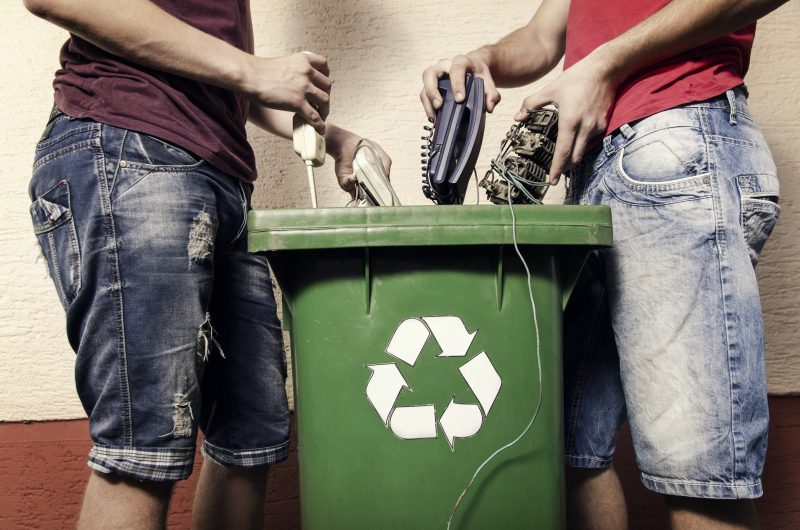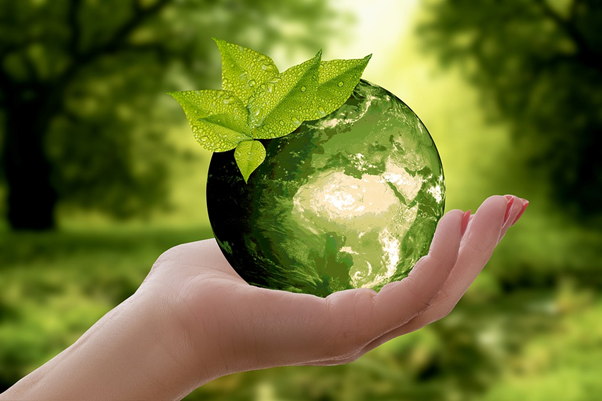It is inevitable that you are going to want to update your electronic devices as new and better devices come out, but what many people ask themselves
It is inevitable that you are going to want to update your electronic devices as new and better devices come out, but what many people ask themselves is what to do with your old devices once you have updated? Lots of people think it’s suitable to just toss their unwanted devices in the bin. Consumer e-waste totalled 44.7 million tons in 2016 and only 20 percent of that waste was disposed of correctly.
Recycling electronics conserves natural resources as they electronic items are often made from metal, glass and plastic. Expensive resources that require a certain type of energy to manufacture.If you are wondering how to correctly throw away your unwanted electronic items, read our top tips below.
Delete all information
Before you throw anything away, it is absolutely imperative that you delete all of your files including photos, presentations and all sensitive information that you are not going to want other people to see. Cleanse the hard-drive so no one can retrieve the information stored on the device. This doesn’t mean that every electronic item that has ever been thrown away has been somehow hacked in to, but just like you shouldn’t throw away full receipts in the bin, you shouldn’t throw away un-cleansed electronic items.

Remove the batteries
Batteries can be either primary or secondary batteries. The majority of batteries can contain harmful heavy metals such as lead, copper, mercury, zinc and many more. All of these elements are extremely hazardous to both the environment and human health, and are able to permeate into the ground soil and thus water supplies when they are placed into landfill. For this reason, placing them in your household bin to dispose of them is not a safe option, as their harmful chemical content will ultimately make its way back into our water supplies.
Contact your waste management service
It is worthwhile to get in touch with your local waste management service as they will be able to give you all of the information you need about safely and environmentally correctly getting rid of all of your electronic items. They may often collect and recycle electronics for you. They will not only collect your electronic items though, they are available to collect many items that are available for recycling from your home or business such as laptops, chairs, crates, beer kegs UK, iPads and furniture.
Find an e-Steward recycler
A responsible e-Steward recycler follows high standards and will reuse and/or refurbish your electronics rather than sending them over to a developing country or otherwise properly dispose of them.

Return the electronics to the manufacturer
Apple, Dell, HP, Samsung, and many other manufacturers accept and recycle your undesirable electronics for free or sometimes even for a small fee. Occasionally, you may even receive shop vouchers for participating in a program where you take electronics back.
Donate your fully functional electronics to a charity or other organization
The World Computer Exchange or National Cristina Foundation are two options. You can also ask your local homeless shelter, youth club or retirement centre if they can use your electronics in their program.
Before you toss an unwanted electronic device into the trash, consider the points above. With them, you manage your electronics wisely, protect the environment and give your devices a new lease of life. Help out our planet and get involved in helping the environment!




COMMENTS